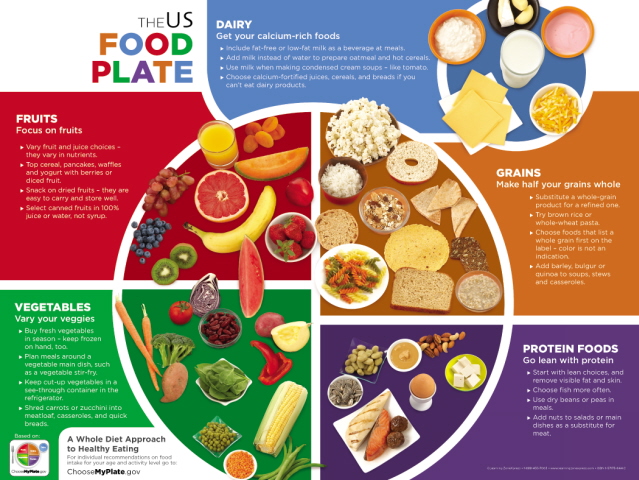What do hamburgers, steak, bacon, pork chops and veal all have in common?
They are all considered red meat and, although delicious, they can be harmful to your health and the production of these foods negatively effects the environment.
Part 1: Your Health
The average American consumes 270.7 pounds of red meat per year (more than double the world average). Current government dietary recommendations state a serving of protein is 3 ounces and weekly consumption of red meat should be no more than 18 ounces. Based on these guidelines, this translates into eating less than 6 servings per week. Now, I was never great at math but 270.7 pounds seems to be just a little bit higher than recommended.
1 serving = 3oz = a deck of cards
Research has shown that individuals who consume more than one daily serving of red meat increase their risk of mortality by 13% and 20% for every extra serving of processed meat. As little as 100 grams or a quarter pound hamburger per day increases the risk of cancer by 15-20%. Colorectal, prostate, pancreatic and breast are the most commonly associated cancers. Evidence also reports increased risk of type 2 diabetes, coronary heart disease and stroke. These individuals also weighed more, drank more, smoked more and exercised less.
Good news is you do not need to immediately cut out red meat or even become a vegan. As with all things in life moderation and balance is the key. One simple tip is to opt for another source of protein, such as, fish, chicken or turkey. Replacing one serving of these choices a day can reduce mortality up to 19%.
Part 2: The Environment
Animal agriculture is the leading cause of deforestation, water consumption and pollution, is responsible for more greenhouse gases than the transportation industry, and is a primary driver of rainforest destruction, species extinction, habitat loss, topsoil erosion and ocean “dead zones.” The biggest culprit of this is the cattle and dairy industry. Roughly 2,500 gallons of water are needed to produce 1lb of beef. Compare that to 477 gallons required for 1lb of eggs. Around 1/3 of the world’s ice free land is devoted to life stock and life stock feed. We are clearing forests, destroying habitats and using scarce resources to grow food or our food. This industry is also responsible for 18% of greenhouse gas emissions. Cows produce 150 gallons of methane per day and methane is over 25% more destructive than carbon dioxide.
Not only will limiting the amount of beef, pork and lamb or opting for a turkey burger help to save this planet that 7 billion people call home, but, it can improve your health. So if you do eat meat, eat less when you do, select lean cuts, don’t eat meat every day, save processed meats for special occasions and be sure to eat plenty of vegetables! Oh and don’t forget your 8 glasses of water everyday!
To learn more about diet or nutrition:
- http://www.meatlessmonday.com
- https://health.gov/dietaryguidelines
- http://www.who.int/features/qa/cancer-red-meat/en
To learn more about helping the environmental:


